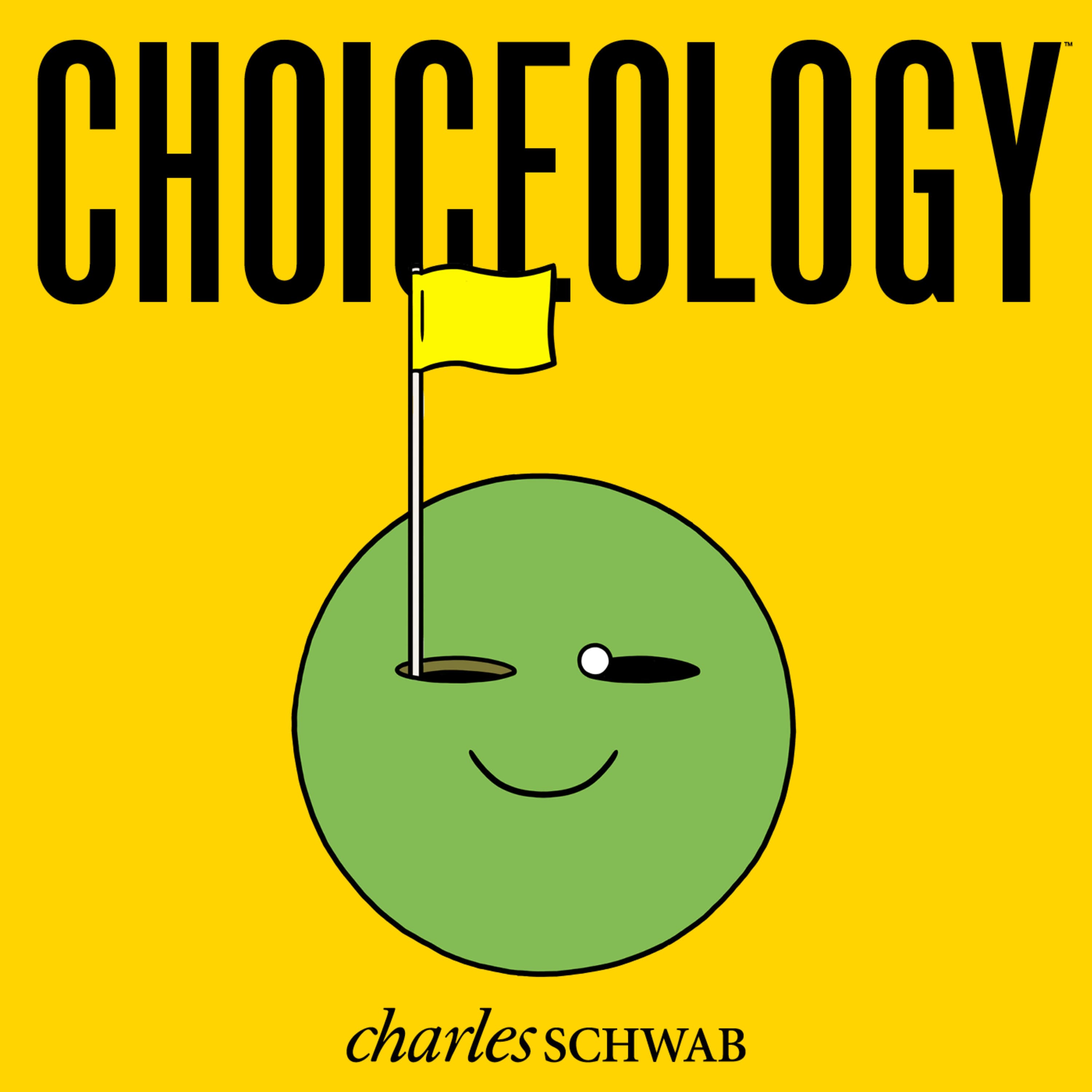Losses Loom Large: With Guests Hank Haney, Dolly Chugh & Maurice Schweitzer
Winning feels good. Whether it's nailing a tricky golf shot or landing a big client for your firm, it's nice to come out on top. But is it the thrill of victory that pushes you to sink that 10-foot putt or compels you to put in a few extra hours at work? Or is it the fear of losing that motivates you more?
In this episode of Choiceology with Katy Milkman, we examine a bias that affects the irrational way people often react to gains and losses.
- The episode begins with the heartbreaking story of Robbie Powell. A missed medical diagnosis and an elaborate cover up expose the lengths to which some people are willing to go in order to avoid a hit to their reputations.
- You'll hear from professor Dolly Chugh from New York University's Stern School. Dolly and collaborator Molly Kern have done some great research demonstrating how people behave differently when making ethical choices in the face of a potential loss versus a potential gain. You can learn more about this phenomenon in her book How Good People Fight Bias: The Person You Mean to Be.
- Then renowned golf coach Hank Haney describes how Tiger Woods and other golf pros seem to work harder to avoid bogeys on the putting green than they do to make birdies. According to Wharton School professor Maurice Schweitzer, professional golfers may be missing out on hundreds of thousands of dollars in winnings because of this tendency. And he's got research to prove it.
- Finally, Katy will leave you with practical tips on how to limit the influence of this bias in your own decisions.
Choiceology is an original podcast from Charles Schwab.
If you enjoy the show, please leave a rating or review on Apple Podcasts.
Learn more about behavioral finance.
Explore more topics
All expressions of opinion are subject to change without notice in reaction to shifting market conditions.
Data contained herein from third-party providers is obtained from what are considered reliable sources. However, its accuracy, completeness or reliability cannot be guaranteed.
Apple Podcasts and the Apple logo are trademarks of Apple Inc., registered in the U.S. and other countries.
Google Podcasts and the Google Podcasts logo are trademarks of Google LLC.
Spotify and the Spotify logo are registered trademarks of Spotify AB.



